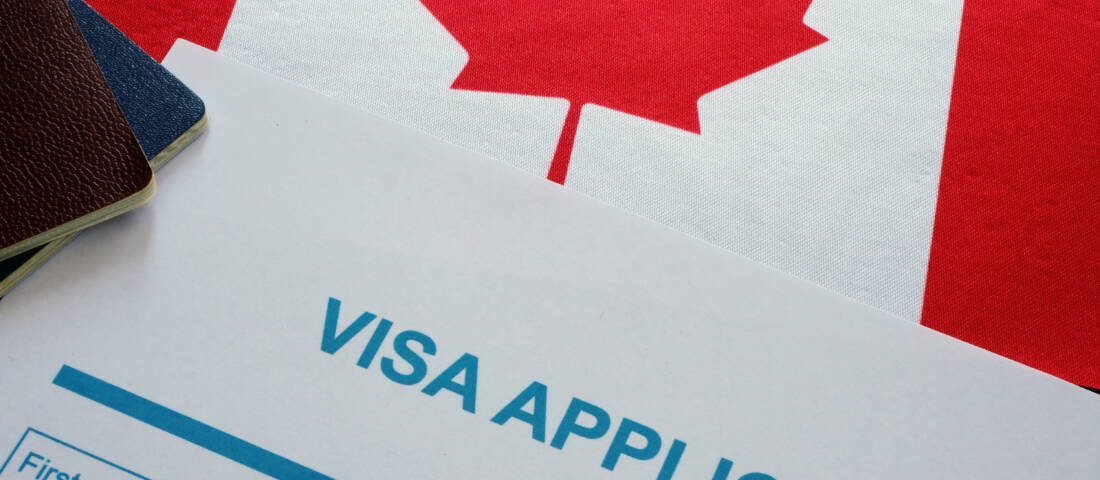BOOK YOUR FREE CASE EVALUATION
Fewer skilled foreign workers are able to get an H-1B visa, and businesses are looking for alternatives. A new H-1B process went into effect in 2020, including an additional USCIS employer electronic registration fee of $10, with a goal to help streamline the process. Unfortunately, the number of H-1B visas available did not increase, and the application process did not become easier. The H1-B is for skilled foreign professionals with at least bachelor’s degrees to work in the United States in fields such as computer science, architecture, medicine, dentistry, engineering, accounting and more.
The key dates for the FY2021 H-1B application process are:
- Feb 24th 2020: Starts H-1B Employer Account Registration
- March 1st through March 20th, 2020: H-1B Registration Period
- By March 31st, 2020: H-1B Registration Selection Results
The annual cap for FY 2021 is once again 65,000 H-1B visas. If USCIS receives more than 65,000 petitions during the first five business days, which is extremely likely to happen, they will use a computer-generated lottery to select the number of petitions needed to meet the cap. For the past 7 years, the cap was met within five days.
H-1B Visa Application Drop Reflects Lower Likelihood of Approval
As more skilled foreign workers have their applications for an H-1B visa denied and businesses are looking for alternatives, tech companies try nearshoring to Canada.
Recent changes to the work visa system under the Trump administration have made it more challenging for high-tech workers to get a visa, and for tech employers to hire the skilled workers they need. The number of applicants for H-1B visas continues to exceed the annual cap of 85,000:
- In 2019, 201,011 H-1B visa petitions were received by USCIS
- In 2018, 190,098 H-1B visa applications were received by USCIS
- In 2017, 236,000 H-1B visa applications were received by USCIS
Are You a Tech Worker Whose H-1B Visa Was Denied?
Are you qualified to move to Canada? Check your Express Entry Score with our free calculator to see if you have the skills and education needed by Canadian employers.
Calculate Your Express Entry Score
If you are a foreign skilled technology worker whose H-1B visa was denied - or you are giving up on moving to the U.S. due to the stress and cost of the H-1B visa process - Canada is an attractive option if you are denied an H-1B visa or if you decide to forgo the U.S. lottery system altogether and make Canada your 1st choice immigration destination.
Canada is actively recruiting foreign tech workers and new tech companies to help grow the economy in the face of an aging workforce.
Ask Canada Immigration Lawyer Evelyn Ackah Podcast
CANADA TECH VISAS: ARE YOU AN IT WORKER WHO WANTS TO MOVE TO CANADA?
What is Nearshoring to Canada?
Many American tech companies are frustrated by their inability to hire highly skilled and educated foreign talent due to scarcity and cost of H-1B visa workers.
Many U.S. and other foreign technology companies have opened affiliate offices in Canada. The Canadian government has streamlined its work permit process for tech workers and provides a clear path to permanent residence. Canadian businesses and the Canadian government are actively recruiting tech workers, technology businesses and creating solutions to the growing market for highly skilled technology workers.
Nearshoring (also called nearsourcing) is when a business - particularly a tech business - outsources jobs to a nearby company that shares a border with the country. Canada is an attractive nearshoring destination for U.S. tech companies to export jobs when they can't hire tech workers directly in American.
For American tech companies, nearshoring to Canada has many benefits:
1. Similar culture and language
2. Geographical proximity and common time zones
3. Favorable exchange rate
How to Open A Branch Office in Canada
A foreign company that wants to open an affiliate or branch office in Canada needs to register the business with the local government in each Canadian territory where it will have operations.
There are many advantages to opening a branch office in Canada:
1. Canada has tax treaties with many countries so that businesses are not subject to double taxation.
2. Foreign branches are entitled to many of the same rights as a Canadian-owned corporation, such as limited liability.
3. A branch's activities are overseen by the parent company.
Foreign investors should consult a qualified legal professional for guidance on opening a business in Canada. Ackah Business Immigration Law offers helps smooth the way for individuals and businesses to do cross border business. We also offer employment law and human resources advisory services for companies that do cross-border business. We recommend you consult a Canadian immigration professional if you are considering nearshoring to Canada. Our goal is to help you cross borders seamlessly and to make it smooth as possible for you to be as successful as possible. You need to have information before you can make decisions. Contact us today at (403) 452-9515 Ext. 100 or 1-800-932-1190 or email us directly.
Learn More:
- New US Immigration Policies Benefit Canadian Employers
- Canada Is Winning the Global War for High-Tech Workers
- Why American Tech is Nearshoring to Canada
- What You Can Do If Your H-1B Visa Application is Rejected
- How An Immigration Lawyer Can Smooth The Way to Your Tech Career in Canada
- Canada Designs Regulations to Attract Tech Firms and Tech Workers









